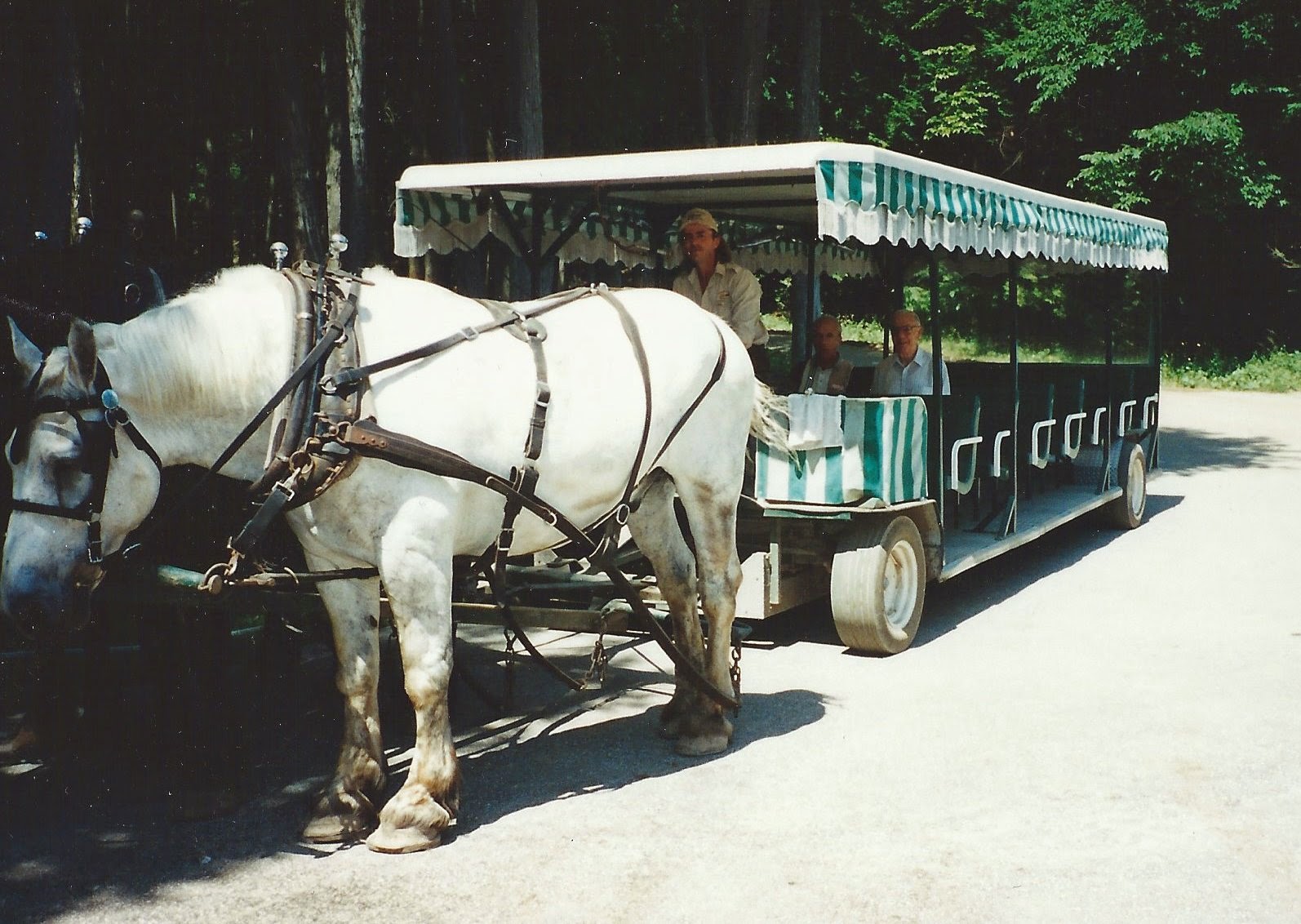A crossword puzzle I was
working on today took me down memory lane to a time many years ago when I
attended missionary conventions sponsored by the Rocky Mountain District of the
Pilgrim Holiness Church. This church is a part of my heritage and where I received
my religious training.
The aforementioned puzzle, which
is based on the King James Bible, required filling in a blank for Luke 10:35. This
verse, a portion of the story of the Good Samaritan, tells what happened after
the injured man had been cared for and the Samaritan was departing. It says “…he
took out two pence, and gave them to the host and said unto him. ‘Take care of
him; and whatsoever thou spendest more, when I come again, I will repay thee.’”
This fill-in-the-blank activity
called to mind a song we sang at missionary conventions during my growing-up
years. Written by Wingrove Ives, a longtime missionary in the church, it always
spoke to me. Somewhere in my possessions I have the complete song, but the part
that I remember well is the chorus:
"On the darkest side of the road, where the sick and wounded lie;
They're calling for help and mercy, oh how can you pass them by?
The Savior asks your love in the service of want and pain,
And anything more that thou spendest
He'll pay when he comes again."
This song, based on Christ’s
parable, always caused me to reflect on what Christians are supposed to be
doing.
I can thank my church for the
solid foundation of beliefs on which I stand. My religious training in my
younger years included attending Sunday School and learning a scripture verse
each week; memorizing the 202 questions and answers in the General Catechism
for Senior Young People (by S. I Emery); and committing to memory (among other
things) The Beatitudes, The Ten Commandments, The Apostles’ Creed, The Lord’s
Prayer, Psalms 1, 23, & 121, The Baptismal Covenant, Morning Prayer, Prayer
for Pardon, Prayer for Cleansing, and Evening Prayer.
I don’t need a coffee bar at
my place of worship to wake me up or a ditty set to a rock beat to make me feel
good. And when the older generation in the church is portrayed as being a
problem or standing in the way, I never doubt that I am actually in THE way. I do
wonder, though, how we got from the gospel as presented by Jesus to here.







